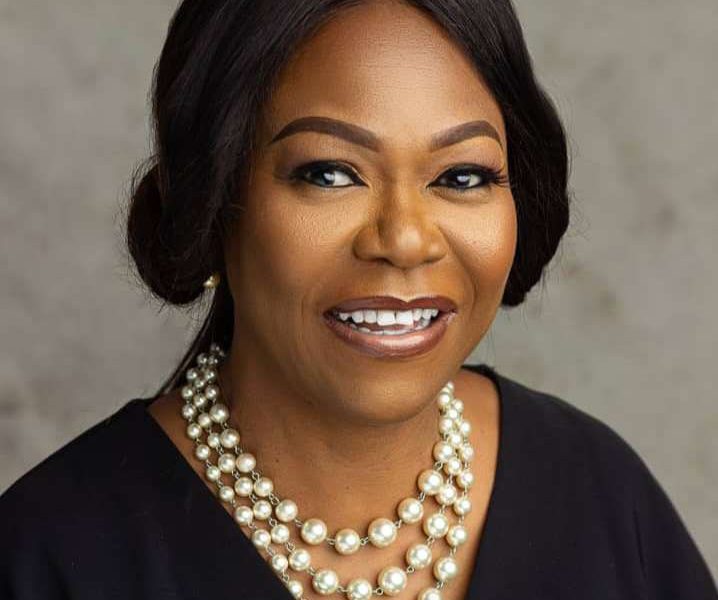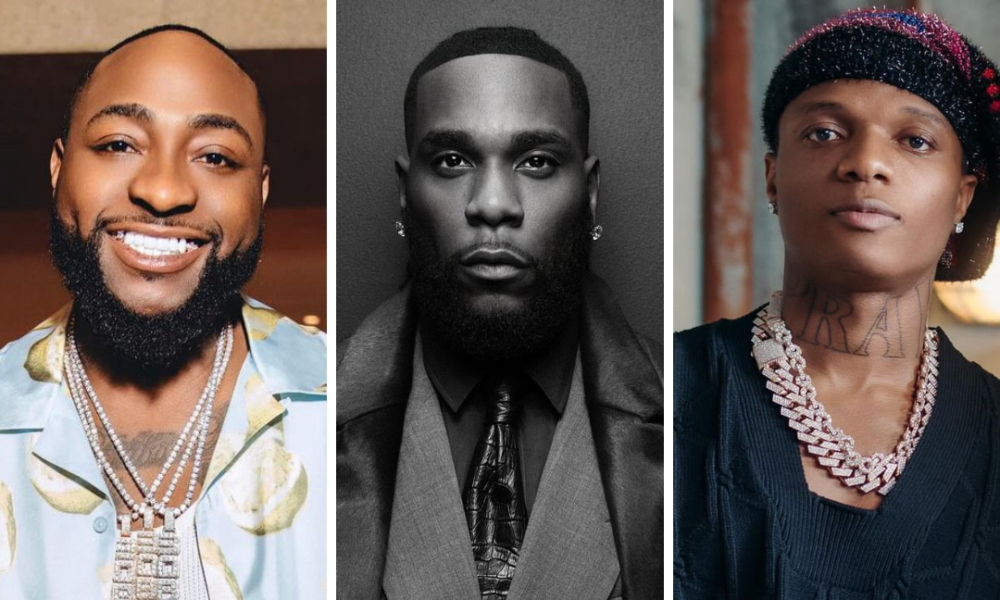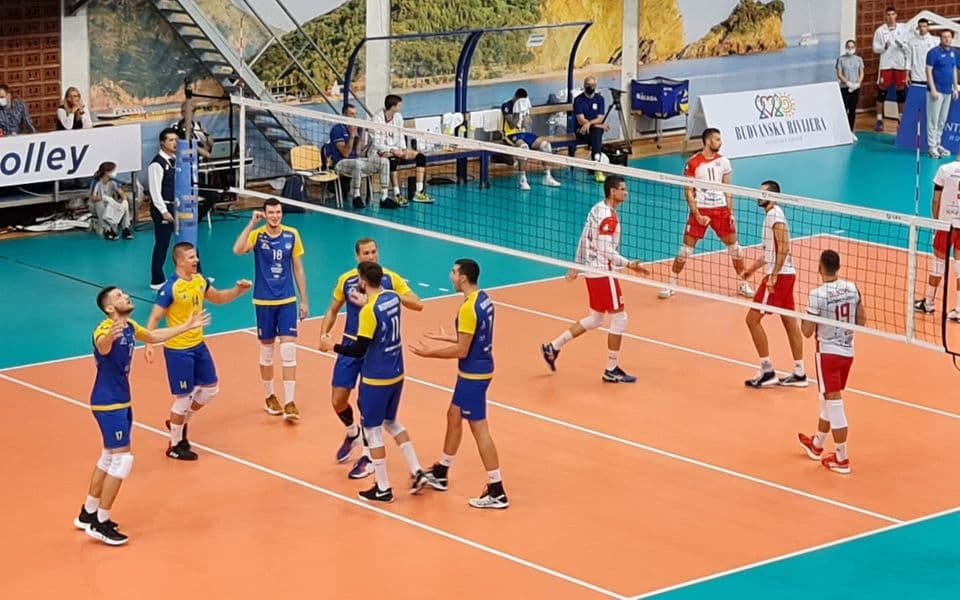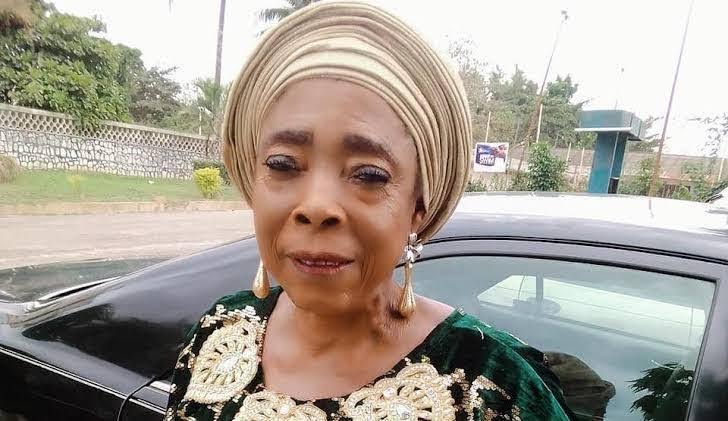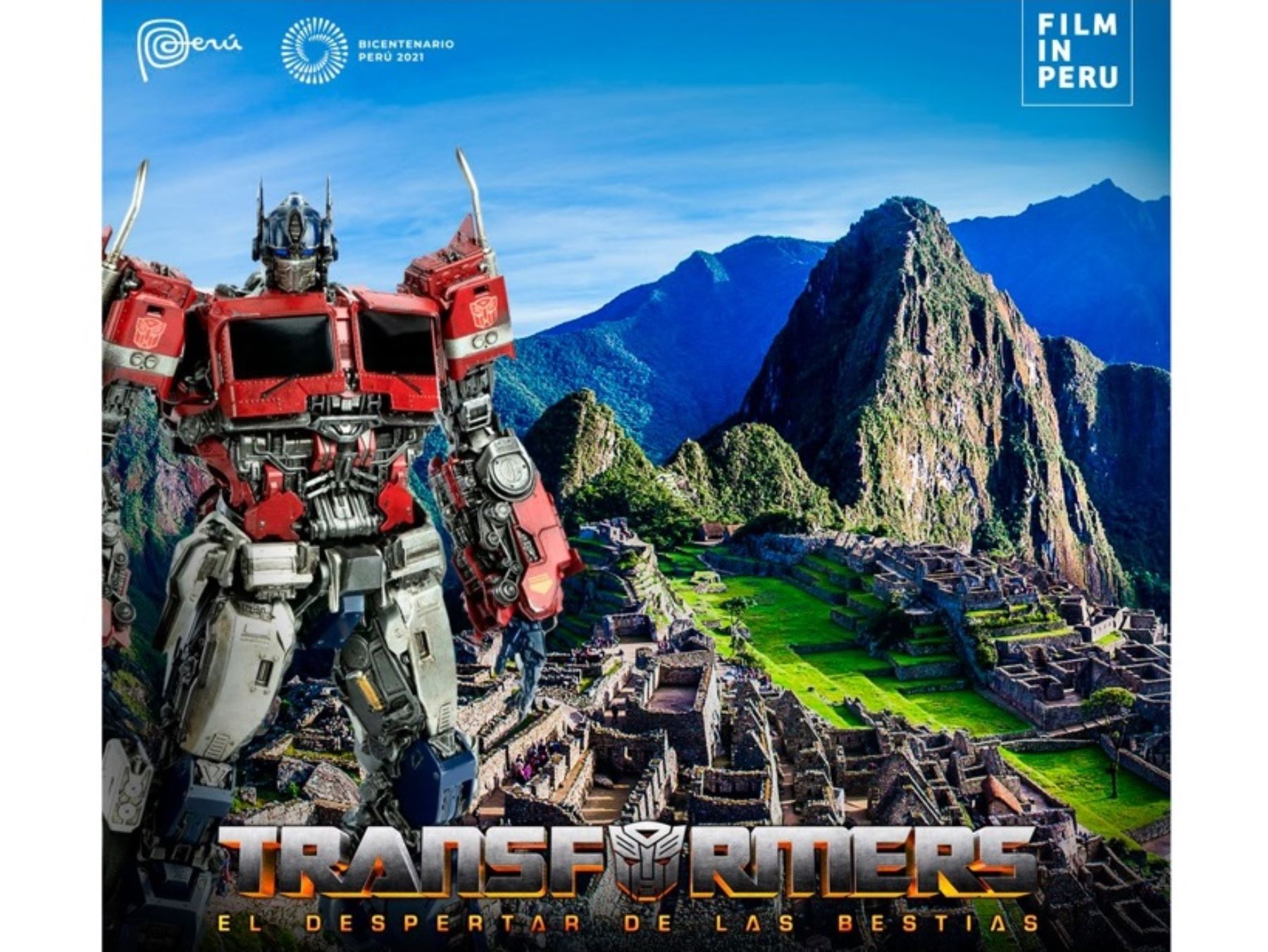In real life, these fringe territories of desire aren’t always within reach, but in Taiwanese director Chou Tung-Yen’s 14-minute-long VR film, In the Mist, the forbidden corners of his queer fantasies are brought to life.


Chou is an acclaimed director and playwright in Taiwan, so it wasn’t surprising when his film In the Mist was selected for special screening at the 2021 Venice Film Festival. It also isn’t surprising to see him pushing boundaries with his bold explorations of queer eroticism. What was surprising was the medium with which he chose to do it in—how did a playwright settle on working in VR, a filmmaking technology that many other established directors have been hesitant to experiment with?
The fact is, Chou frequently works outside the bounds of traditional theatre and has long been interested in experimental filmmaking. His film Self-accusation (2003) was shortlisted in Taiwan Film Festival’s Avant-Garde category, and his documentaries Voyage in Time (2012) and Looking For? (2018) were shortlisted in the Best Documentary category in the prestigious Golden Horse Film Festival. “While I have a foundation in traditional theater, I’m obsessed with filmmaking,” he says. “So I wanted to bring the best of both worlds together. When I first started experimenting with cinematography, I loved the ambiguity that happens when moving images are shown alongside a live performance—the original scene seemed to take on new contexts. This technique adds dimensionality and is now something I frequently incorporate in my theatre work.”
This proclivity for experimentation naturally steered Chou to explore new technologies in his filmmaking ventures. Technology, as he saw it, provided ways for him to consolidate his love of cinematography and theater. With this creative trajectory, taking the leap into VR was simply a matter of time.
In 2012, he released A Memory of Emptied Memories—an ambitious project that combined theater, filmmaking, and contemporary dance. A panoramic video played as a choreographed dance unfolded on stage; at certain parts of the performance, the screens would move, engulfing the dancer as the line between virtual and reality was blurred. Shooting with a 360-degree camera for this project became a stepping stone for his later VR experiments. “We used a panoramic camera, but VR headsets weren’t as accessible at the time, so we used multiple projectors to show the video,” he recalls. “Two or three years ago, as VR technology became consumer grade, we had the opportunity to revisit this old project in a new light.”
This embrace of technology is a recurring theme throughout his oeuvre. In 2018, Chou produced Chronicle of Light Years, a joint project with a Danish theater company. Using 3-D mapping technology, they created hologram projections that surrounded the actors and formed varying backgrounds. This project caught the attention of Kaohsiung VR Film Lab, who reached out to Chou, asking him if he’d be interested in working on a VR short film. “I started binging VR content because of this,” he recalls. “I even went down to Kaohsiung and took part in a global workshop hosted by VR Film Lab earlier on. As time went by and I saw more VR films, I started to consider how the medium could be used to tell a unique story. I proposed two different stories to them, one revolving around choreographed dance, and the other was In the Mist. They were tremendously supportive of both ideas.”

Creating a VR film is drastically different from traditional filmmaking, in both technique and how a scene is intended to be shown. One of the most difficult parts of the shoot was the eight “blind spots” that crew members had to stand clear of. If anything was captured by the cameras in those areas, it would be much harder to stitch the frames together in post-production. Considering the limited size of the set, this was a tough hurdle to overcome, and so, working with a videographer crew from Funique VR, Chou staged a test shoot.
Chou originally wanted a film with a lot of transitions and scenes, but as his story took shape, he realized the movement of the actors’ bodies alone was enough to convey the narrative in its entirety. He sought to create something more abstract and poetic, something that feels like it was conjured from the depths of a dream.
Aside from the test shoot, a large number of rehearsals were planned out in advance. Working with a cast of stage actors, he outlined the range of emotions he wanted, how certain gesticulations would play out, where each character would be positioned, and even the speed of certain movements. A normal script would prove to be useless in such a production, and so, with only a shot list in hand and the tone and manner in mind, they got to work.




“Our test shoot helped finalize the set staging, lighting, and camera positions—and editing the test shots, I began planning the full narrative, which had to be communicated clearly with the entire production and design team,” Chou says. “Since the production costs of VR films are so expensive, I had to make sure everything was flawless, especially with framing shots and not going into overtime. During the test shoot, I considered how the cameras would be placed, what I wanted viewers to see, and how I want them to feel.”
His background in theatre proved to play a major role in this VR venture. Prior to the shoot, all of the actors were asked to take part in a theater workshop—but rather than train their acting chops, the session focused on movement and gesture. Even more important though, the workshop was designed to build their chemistry on set, so that the three-day shoot would be much easier to navigate once the cameras started rolling.
“My approach to directing theater was essential for this VR film,” he says. “For example, the opening shot, a flesh flower made of human bodies, was completely improvised. During a break, I had the idea to shoot a scene without any kissing or sexual touches, and the chemistry that the actors developed in the workshop proved invaluable. The result was a complete surprise; it’s a scene that’d be impossible if it were scripted.”

In his 2015 documentaries My Leftover Ladies and What Are You Searching For?, Chou meditated on contemporary relationships. To him, the definition of love, sexuality, and devotion are fluid—changing with the times. In the Mist is a deeper probe into these topics. The question he was particularly interested in posing is a cryptic one: can love exist in the absence of love?
“‘Love’ is always held on a high pedestal; in movies and stories, it’s always depicted as this eternal and complex force,” he notes. “But I realized that the contact of flesh against flesh is in itself something profound, even when it’s between two strangers. In that short and fleeting moment, they’re offering their entire beings to one another. Their lust and desire doesn’t even matter—being present together in the moment is all that matters. How many times have we bared our souls to a stranger, revealing parts of ourselves that we don’t dare share with our supposed loved ones? In the sauna, the characters’ kisses, touches, and caresses are the farthest thing from love, but yet they’re also the closest. To me, this aptly captures the idea of ‘love in the absence of love.’”
Chou believes that a viewer’s experience in the VR world is subjective. It’s a realm that they’re experiencing alone by themselves, and in it, they’re allowed to wander, get lost, and make discoveries that have intrinsic meaning to them. Speaking with people who’ve watched his film, he’s received a broad range of interpretations. “Even though I’m shooting a specific group of people in a specific setting, people of different genders and sexuality have different takeaways,” he says. “People have told me that they can see a glimpse of themselves or that they resonated with the emotions of a certain character. To me, this is the most meaningful part of expressing my creativity.”


With the advancement of VR technology, the metaverse no longer seems far out of reach. Not too long from now, the digital universe will likely be the new stomping ground for creative types of all varieties. Chou believes that, as more artists understand VR’s capabilities and become more eager in experimenting with it, the medium will flourish. “Watching more VR works is key,” he says. “In a lot of exhibitions, there’s now a dedicated VR section. They’re good opportunities to see what the medium has to offer outside of a video-game context. Find what touches you, see how the medium can open new possibilities, and appreciate the new creative territories opened up by the technology.”
As for what’s next, Chou reveals that he’s working on an accompanying film to In the Mist titled Kiss. The new work is inspired by the pandemic and the sense of isolation that’s come as a result of it. It revolves around longing—the longing to touch and embrace another human body in a world where it was no longer possible to do so. Aside from the new film, In the Mist will also be taking part in the Taipei Art Festival and be made into a live show that merges VR with theatre. Other projects that’ll blend the two mediums are also in the works, and Chou will be revealing more information about those in the coming months on his studio‘s official website.
Website: www.vmstudio.tw
Instagram: @vmstudiotw
Facebook: @vmstudio.tw
Contributor: Wen Hsu
Note: This article have been indexed to our site. We do not claim legitimacy, ownership or copyright of any of the content above. To see the article at original source Click Here

